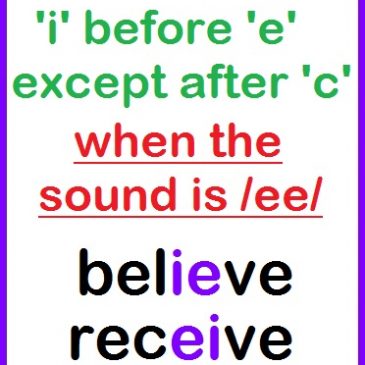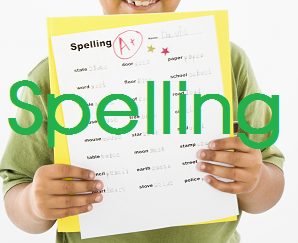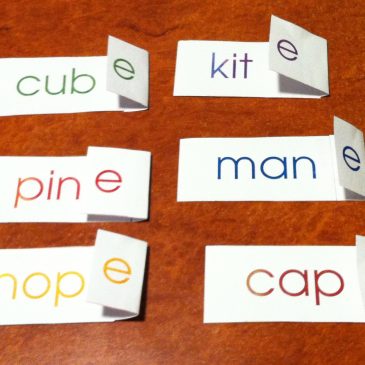‘i’ before ‘e’
I have just finished reading an interesting and informative book by David Crystal titled ‘Spell It Out: The Singular Story of English Spelling’. David devotes a chapter to arguing that the teaching of spelling rules fails to work because of … Continued



